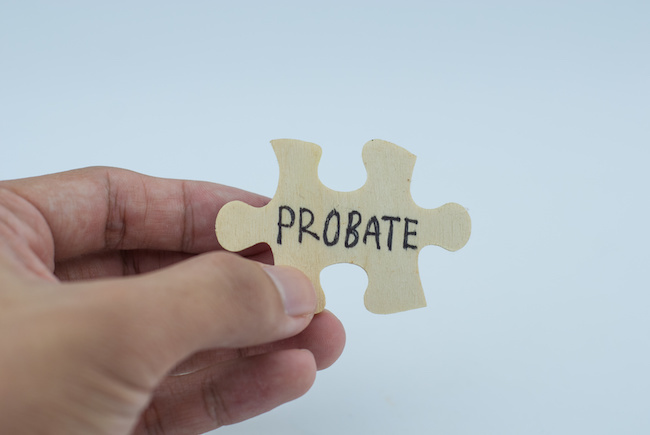Probate in Pennsylvania Can Be Less Complicated

I used to wonder why I often heard opinions expressed on late night television or read descriptions of the “horrors of probate,” when probate, while challenging for some, did not seem to me to justify the degree of intensity expressed. Sure, when there are complicated arrangements regarding property or, for that matter, dissenting beneficiaries, probate can cause problems and it may take longer than expected – sometimes much longer depending on certain specific problems, but the vehemence with which critics of probate have attacked it as a means of resolving an estate seemed over the top. This was before I attended national programs and had the chance to listen to attorneys from other states. I realized then that some states require steep statutory probate fees, sometimes regular Court hearings and more formal accountings than we do in Pennsylvania. It is, of course, possible to have a difficult probate experience in Pennsylvania but that does not have to be routine.
One point I try to make is that there can be and usually are huge differences among states when it comes to distribution of property on death. California, Virginia, and New York, for instance are not Pennsylvania. States where living trusts uncomplicate transfer of property might not necessarily serve as examples to how we should plan here. Also, what works for one person in one situation does not necessarily assist another under entirely different circumstances.
Revocable living trusts, jointly titled property and payable on death (POD) and transfer on death (TOD) accounts have all been considered as various means to avoid what some commentators refer to as “the nightmare of probate.” A better approach might be to consider what works for the individual plan instead of a “one size fits all” solution. The right tool is needed for the right situation whether it is by Will (probate) or by Trust.
Here are some common misconceptions.
- Avoiding probate is not the same as avoiding taxes. Probate means presenting the Will to the Register of Wills of the County of residence of the decedent and having it recorded along with a Petition for Probate and Estate Information Form. There is a filing fee which is typically a few hundred dollars based on the size of the estate. Where there is no Will for filing but there are still assets of the decedent as with a Living Trust or with POD/TOD or jointly held assets there is another category known as “Inheritance Tax Only.” You still pay inheritance taxes unless the asset, for example life insurance proceeds, if not subject to tax or the beneficiary, such as the spouse of the decedent or a charity, is not subject to the tax. (Spouses are at 0%). The tax is the same whether you have a living trust or a will. For children, siblings, and all other individuals other than the spouse whether property is inherited by Will (probate) or by Living Trust or POD/TOD or jointly titled, Pa. Inheritance Tax is due regardless and the payment is made at the Register of Wills office to be remitted to the Pennsylvania Department of Revenue..
- A Living Trust In Pennsylvania Does Not Necessarily Guarantee Privacy. A Revocable Living Trust in Pennsylvania also does not guarantee that no one canlearn the size of your estate or beneficiaries. The Pennsylvania Inheritance Tax Return is a matter of public record and contains certain information regarding assets. In order to calculate the tax it is necessary to indicate the relationships of beneficiaries to determine whether the tax due is at the rate of children (4.5%), siblings (12%) or others (15%). If the concern regarding privacy relates to dissatisfied unnamed parties being unhappy and successfully challenging a Will, my experience has been that successful Will challenges are rare and there is no way to prevent disappointed would-be beneficiaries from being unhappy, even if unjustifiably so.
- Settling an Estate – Whether By Probate or Living Trust – Involves Some Time. In my experience the greatest time killers in resolving estates, whether probate or living trust or a combination of inheritance techniques has been (a) disagreement among parties or other technical delays (b) sale of real estate or other property (c) need for approval of the Inheritance Tax Return from the Department of Revenue although this seems to have improved somewhat since the end of COVID. Whether by Will or Living Trust approval of an Inheritance Tax return averages about 3 to 6 months after filing.
About the Author Janet Colliton
Esquire, Colliton Law Associates, P.C. Janet Colliton has practiced law for over 38 years, 37 of them in Chester County, Pennsylvania, a suburb of Philadelphia. Her practice, Colliton Law Associates, PC, is limited to elder law, Medicaid, including advice, applications and appeals, and other benefits planning including Veterans benefits, life care and special needs planning, guardianships, retirement, and estate planning and administration.
